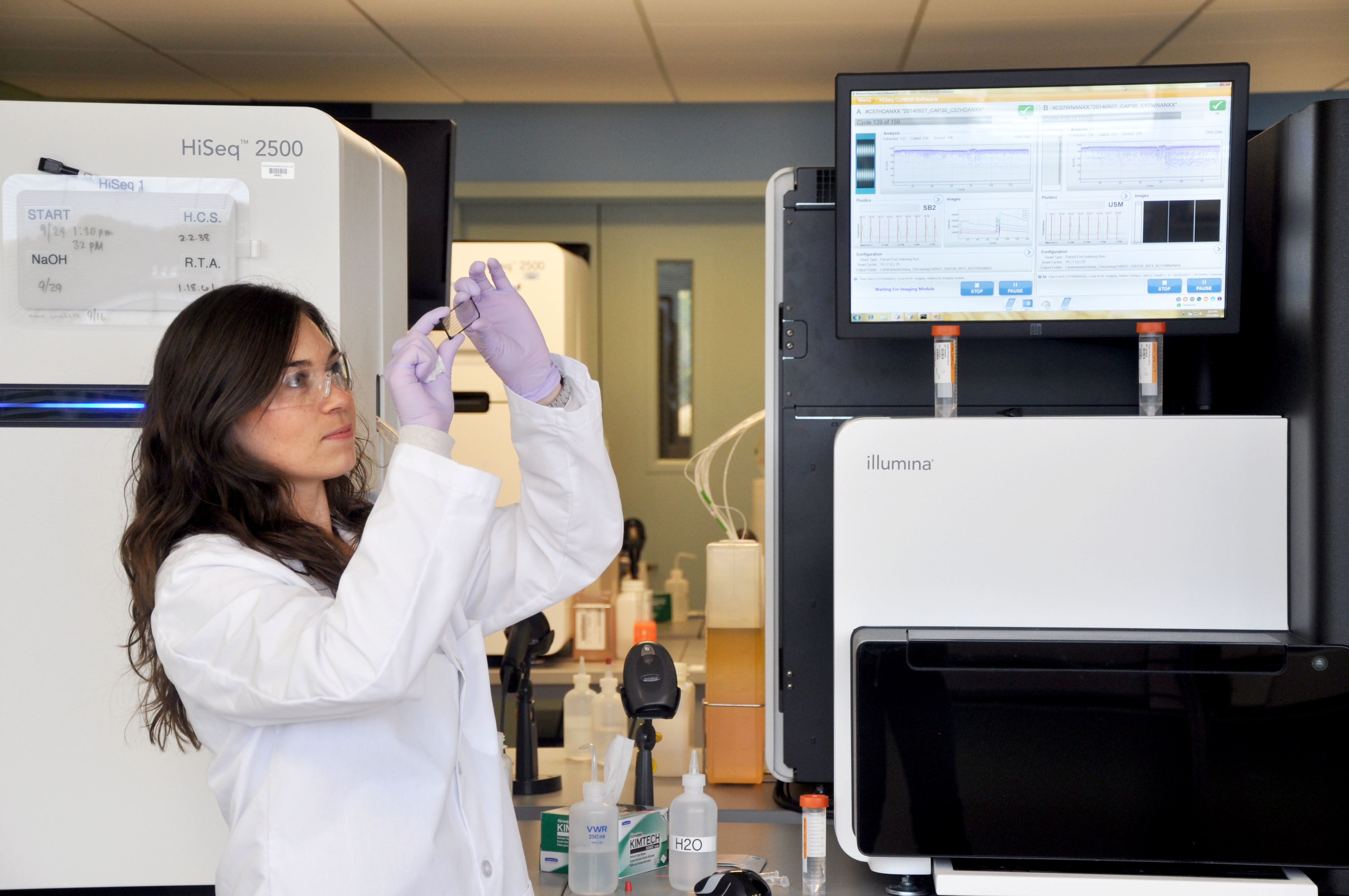Genes of human “mutants” point to a new superpower

The search for mutations that conjure medical superpowers has turned up people who are resistant to liver disease, even if they drink like crazy.
Big-time biotech company Regeneron Pharmaceuticals says it found people with a gene mutation that seems to leave them mostly immune to “fatty liver” disease, which is widespread in the US as a result of both alcoholism and overeating.
Now, the company says, it will partner with gene-silencing specialist Alnylam Pharmaceuticals to create medicines that mimic the effect.
Regeneron runs one of the world’s largest gene-sequencing operations in partnership with the Geisinger Health System, operator of a large hospital network.
It has the DNA code and the medical records of thousands of volunteers.
That allows the company to search for people unusually resistant to certain diseases and then determine if there’s an explanation in their DNA (see “The search for exceptional genomes”).
The search for genetic superpowers can lead quickly to new drugs, such as a powerful cholesterol-lowering medicine already being sold by Regeneron.
This time, Regeneron scoured the DNA, blood levels, and electronic records of 46,544 volunteers to look for links to liver damage.
They zeroed in on a gene called HSD17B13. They found that folks who lack a working copy of this gene had a 73 percent lower chance of cirrhosis due to drinking, and half as big a chance of other types of cirrhosis.
How the protective effect works isn’t entirely clear. But the two biotech companies say they will now try to create a drug to treat fatty-liver disease.
About a quarter of Americans suffer from the condition, according to a report published by the Regeneron scientists in the New England Journal of Medicine on March 21.
Fatty liver is chronic and not always dangerous. The biotech companies say they are looking to treat a specific type called nonalcoholic steatohepatitis, or NASH, which is more likely to lead to liver failure.
The liver problem is linked to being overweight, so losing weight can slow it down. For those who can’t shed the pounds, Regeneron may eventually have a superpower in a vial.
Deep Dive
Biotechnology and health
How scientists traced a mysterious covid case back to six toilets
When wastewater surveillance turns into a hunt for a single infected individual, the ethics get tricky.
An AI-driven “factory of drugs” claims to have hit a big milestone
Insilico is part of a wave of companies betting on AI as the "next amazing revolution" in biology
The quest to legitimize longevity medicine
Longevity clinics offer a mix of services that largely cater to the wealthy. Now there’s a push to establish their work as a credible medical field.
There is a new most expensive drug in the world. Price tag: $4.25 million
But will the latest gene therapy suffer the curse of the costliest drug?
Stay connected
Get the latest updates from
MIT Technology Review
Discover special offers, top stories, upcoming events, and more.